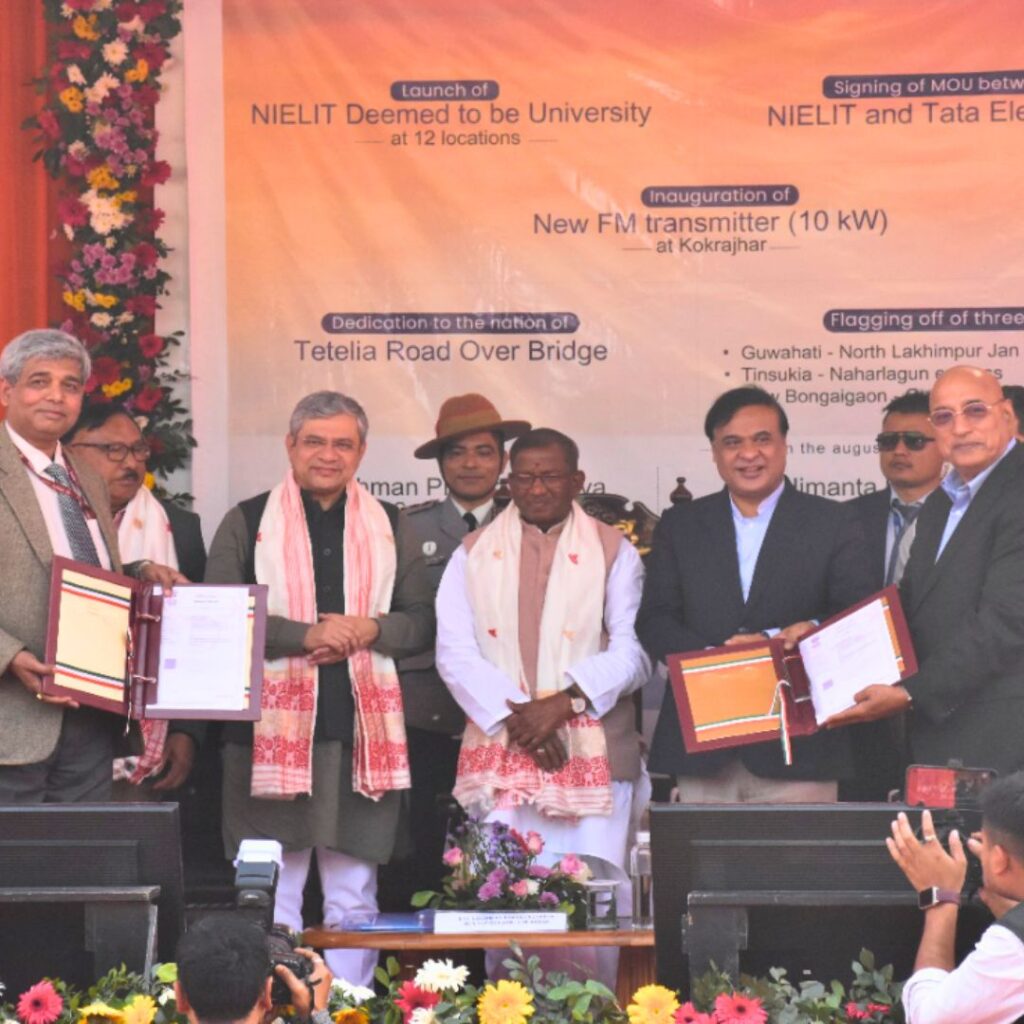In an era where our dietary choices echo through the corridors of personal well-being and global environmental impact, the concept of sustainable eating takes center stage. This conscious approach to nutrition seeks a balance between nourishing our bodies and safeguarding the health of our planet. Delving into the world of sustainable nutrition, we uncover its fundamental components and explore the wholesome food choices that promise vitality and ecological equilibrium.
What is Sustainable Eating?
Sustainable eating, at its essence, signifies a holistic view of nutrition. It involves selecting nutritious and delectable foods that not only fuel our bodies but also leave a positive mark on the environment. This comprehensive approach considers the economic, social, and environmental implications of food production and consumption, emphasizing every step from farm to fork.
Components of Sustainable Eating
Plant-Based Emphasis:
A cornerstone of sustainable eating lies in the prioritization of plant-based foods — fruits, vegetables, whole grains, legumes, nuts, and seeds. Beyond their nutrient richness, these foods generally exhibit a lower environmental footprint compared to their animal-derived counterparts.
Reduced Animal Products:
While not advocating for the complete elimination of animal products, sustainable eating encourages moderation, especially concerning red and processed meats. This moderation significantly mitigates greenhouse gas emissions and minimizes the land required for livestock agriculture.
Locally Sourced Foods:
A sustainable practice involves selecting locally produced and seasonally available foods. This not only supports local communities but also curtails pollution from food transportation, offering fresher and healthier choices.
Minimized Food Waste:
Critical to sustainability is the reduction of food waste. Planning meals, proper food storage, and efficient use of leftovers contribute to minimizing waste and promoting a greener planet.
Mindful Consumption:
Paying attention to portion sizes and avoiding overconsumption serves to prevent excess food production that might otherwise lead to waste. It’s a straightforward yet effective strategy to reduce our ecological footprint.
Sustainable Food Choices and Their Health Benefits:
Leafy Greens and Vegetables:
Spinach, kale, broccoli, and peppers not only supply essential vitamins, minerals, and fiber but also boast a relatively low environmental impact, aligning with health and sustainability goals.
Legumes: Beans, lentils, and chickpeas, as plant-based protein sources, require fewer resources for cultivation compared to their animal protein counterparts, contributing to both environmental friendliness and heart-healthy diets.
Whole Grains:
Nutrient-dense options like quinoa, brown rice, and whole wheat offer sustained energy and are less resource-intensive compared to refined grains.
Seasonal Fruits: Choosing locally grown, seasonal fruits supports local farmers and reduces the carbon footprint associated with transportation, fostering a win-win scenario for personal health and the environment.
Nuts and Seeds: These nutritional powerhouses, rich in healthy fats, protein, and various micronutrients, serve as versatile snacks or meal additions for an added nutritional boost.
Seafood: Opting for sustainably sourced seafood, such as responsibly caught fish, provides essential omega-3 fatty acids and lean protein while contributing to the protection of marine ecosystems.
Reduced Meat Consumption: Incorporating more plant-based meals or choosing lean, sustainably raised meats in moderation can decrease environmental impact and potentially yield health benefits.
In summary, sustainable eating transcends fleeting trends, embodying a deliberate and responsible approach to nutrition. Beyond specific occasions like National Nutrition Week or Day, it calls for consistent choices that prioritize both personal well-being and planetary health. By embracing sustainable nutritional options, we embark on a journey toward a brighter and more harmonious world, shaping a future that sustains us and generations to come.











